3 Things to Know About CBD and Medications
- by David Anthony Schroeder
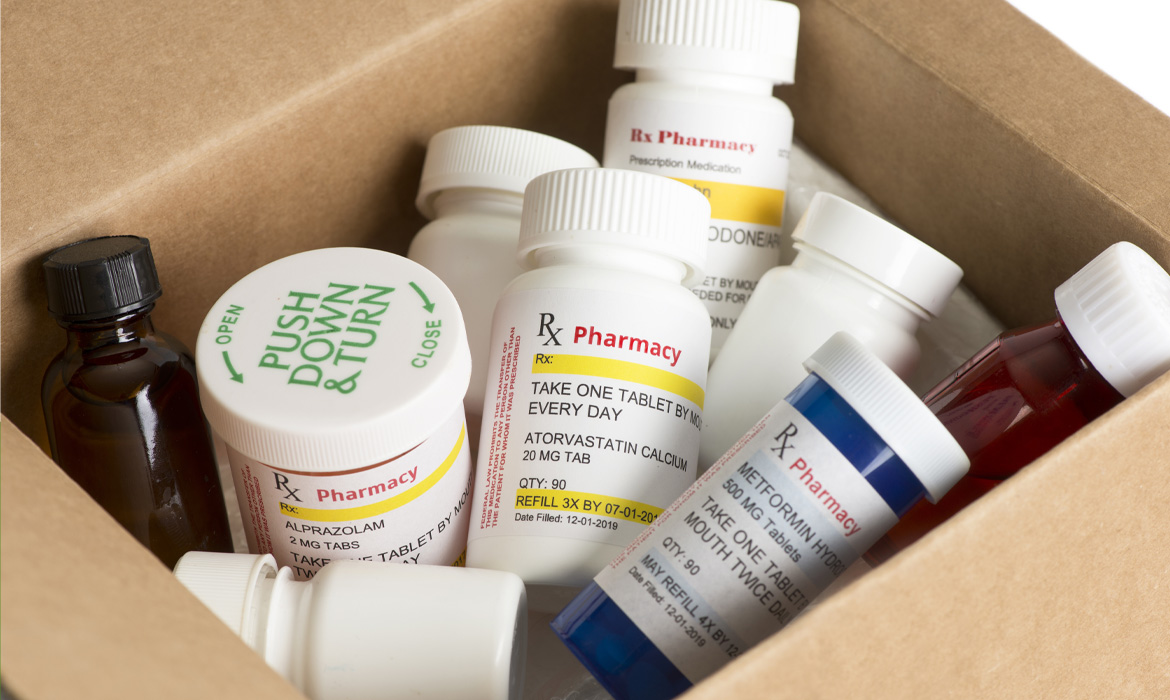
People’s curiosity with CBD can spur a multitude of different questions from different perspectives. Some are lighthearted and open-minded; some are serious and calculating; and some are concerned and worried.
While I have heard every question in the book when it comes to CBD, some of the more concerned questions that people have asked me over the years are in regards to medications they are already taking.
“Can I take CBD and my medications simultaneously?” “Will CBD affect my medication?” “Does CBD interact adversely with my prescription drugs?”
While CBD can be a wonderful natural alternative to help alleviate many different ailments, it isn’t always smart to just jump right in and add it to your daily routine, especially if you take other prescription medications.
The concerns many people have over mixing their pharmaceutical drugs and CBD are legitimate and shouldn’t just be dismissed. It’s really important to make sure that you are well-educated on CBD before trying it and that you have an honest conversation with your doctor beforehand as well.
So let’s look at three things you should know about CBD and medications.
Here are 3 things every consumer should consider before mixing CBD and their medications
1) CBD Can Change How Your Body Processes Medications
CBD can affect how your body processes medications by changing how the body metabolizes the drugs.
Whenever you ingest food, your body needs to break it down. The same thing happens when you take medication. While food metabolism happens in the digestive system, drug metabolism happens throughout the body with the liver playing a big part in the process. And there is one key enzyme family that takes the leading role in helping to metabolize drugs: CYP450.
These enzymes are responsible for not only breaking down drugs but also cannabinoids like CBD. But here’s the catch: when you introduce both CBD and pharmaceutical drugs into the body at the same time, they can really screw up the enzymes and make a real mess of things.
The enzyme in the CYP450 that is responsible for breaking down CBD is CYP3A4; and even though CYP3A4 eventually wins in the end, CBD can really affect this enzyme during the process.
CYP3A4 is also responsible for metabolizing about 60% of clinically prescribed drugs. So if CBD is in your system and inhibiting this enzyme--even temporarily--it can’t work as effectively to break down the medication that’s also in your body. And it can happen in the reverse as well. Many medications can inhibit CYP3A4, which then doesn’t allow your body to process the CBD either.
2) Toxicity Can Build Up in the Bloodstream if CBD Prevents the Liver from Processing a Medication
If CBD is interacting with these important metabolizing enzymes, then your body is going to metabolize medication too slowly. This means that--even though you’ve stayed with your normal, prescribed dose--you have too much medication in your system.
This could lead to increased unwanted and potentially dangerous side effects, and toxicity could also build up in the bloodstream.
And while this might seem like a black mark on CBD’s name, this actually isn’t an uncommon effect reserved for CBD.
In more traditional medical terms, this is called “the grapefruit warning”, and you can find this warning listed on certain medication bottles. Grapefruit and other citrus fruit juices similar to it can cause the same interference in the CYP450 enzymes and cause a build-up of medication in a person’s bloodstream as well. 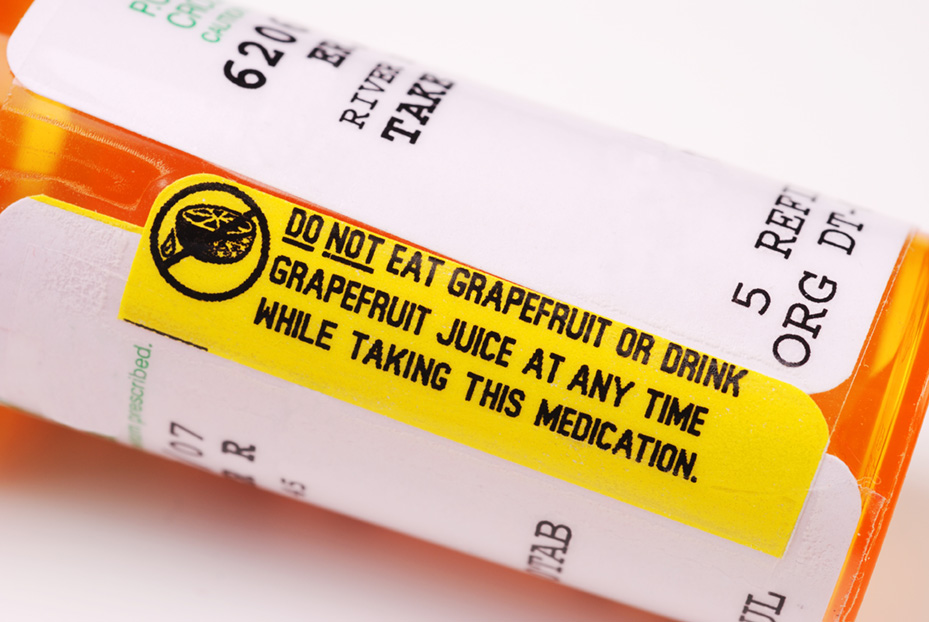

The slow build-up of a drug in someone’s body can lead to drug toxicity, all unknown to the person taking the medication. This can lead to horrible side effects and life-threatening dangers.
This is a huge reason to not jump into mixing CBD into your daily medication routine.
3) CBD Can Alter the Effects of Medications
Mixing CBD with other medications can also double up side effects.
CBD can cause drowsiness, lightheadedness, nausea, diarrhea, or dry mouth. Combining CBD with medications that have similar side effects could increase the number of unwanted side effects someone could experience. It could also increase the chance of drug toxicity.
Taking CBD alongside other pharmaceutical drugs like opioids, antipsychotics, antidepressants, or antihistamines can cause excessive sleepiness and fatigue. This could lead to car accidents, falls, or other accidents due to excessive, drug-induced exhaustion.
CBD taken with stimulants like Adderall can lead to decreased appetite, and taking it with some heartburn drugs or the diabetes drug Mefformin can increase the risk of diarrhea.
Nobody likes dealing with negative side effects from medications, but sometimes they’re a necessary evil. If decreasing the potential increased risk of uncomfortable-to-horrendous side effects just hinges on not taking CBD in conjunction with your medications, then that’s definitely the choice to make.
Conclusion
Bottom Line: talk to your doctor first before adding CBD to your daily medication regimen. Throwing CBD into the mix in an effort to take advantage of its natural therapeutic benefits could become a real nightmare if you don’t do it right, and it could just be something that you need to avoid altogether depending on the drugs you take.
Make sure you are educated on the risks and rewards, and make sure you get your doctor’s opinion as well. It could make a huge difference in your life.
Footnotes:
CBD-DRUG INTERACTIONS: ROLE OF CYTOCHROME P450
Grapefruit Juice and Some Drugs Don't Mix
Comments
- No comments found
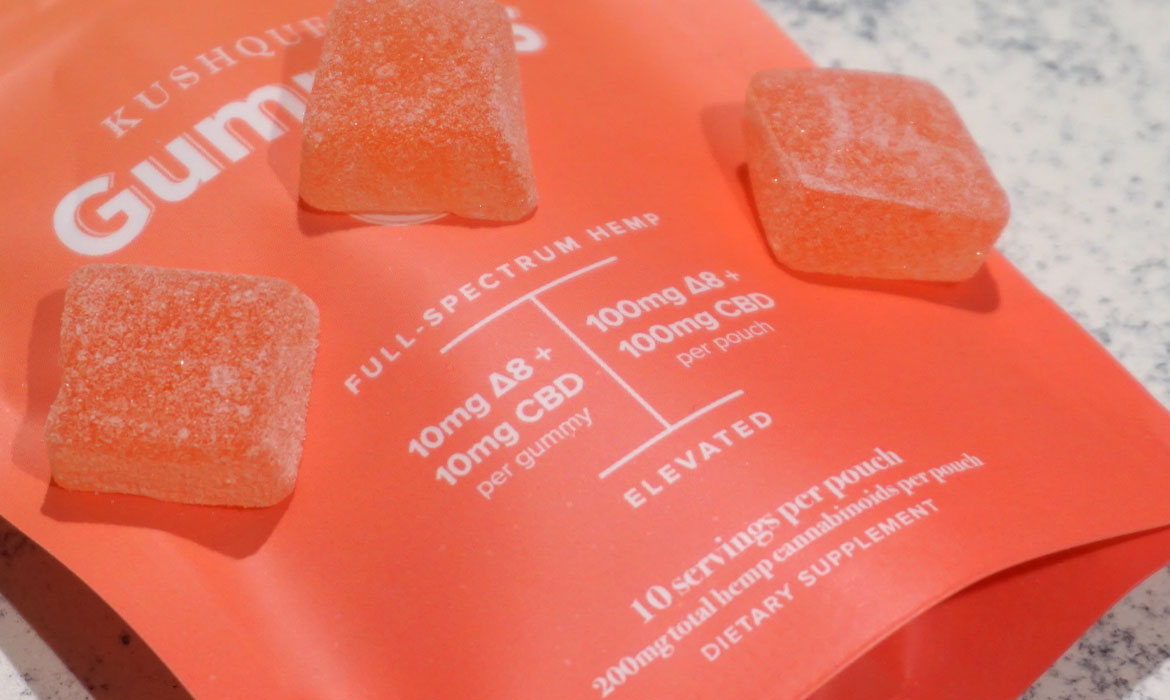
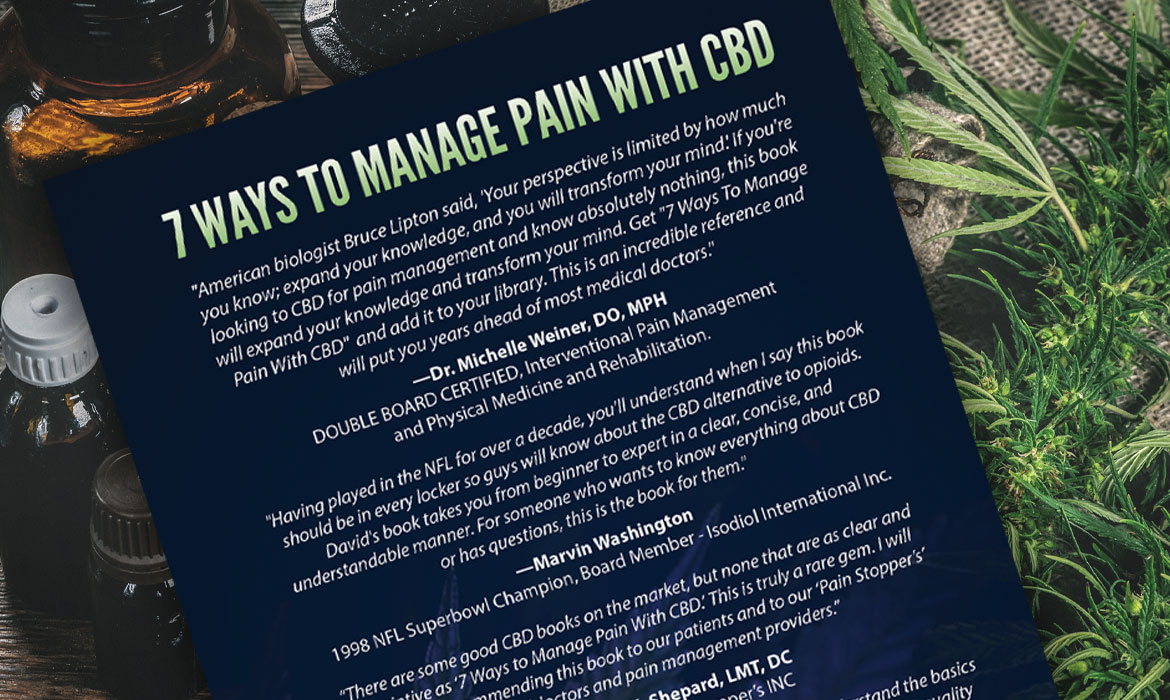
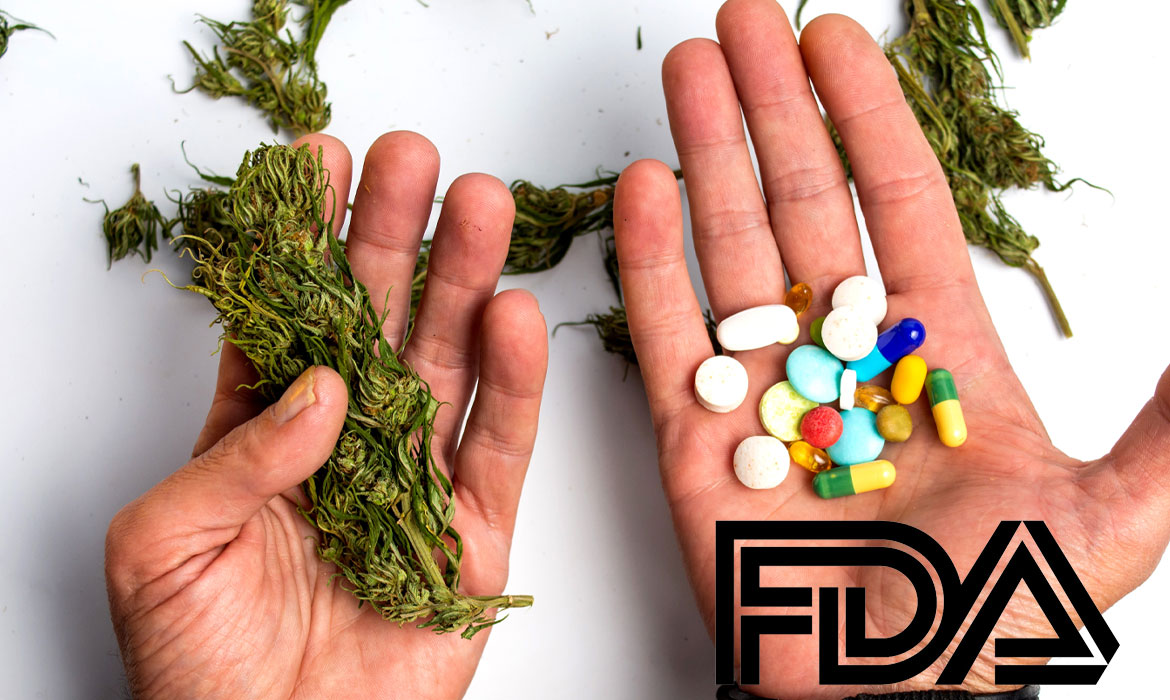

Leave your comments